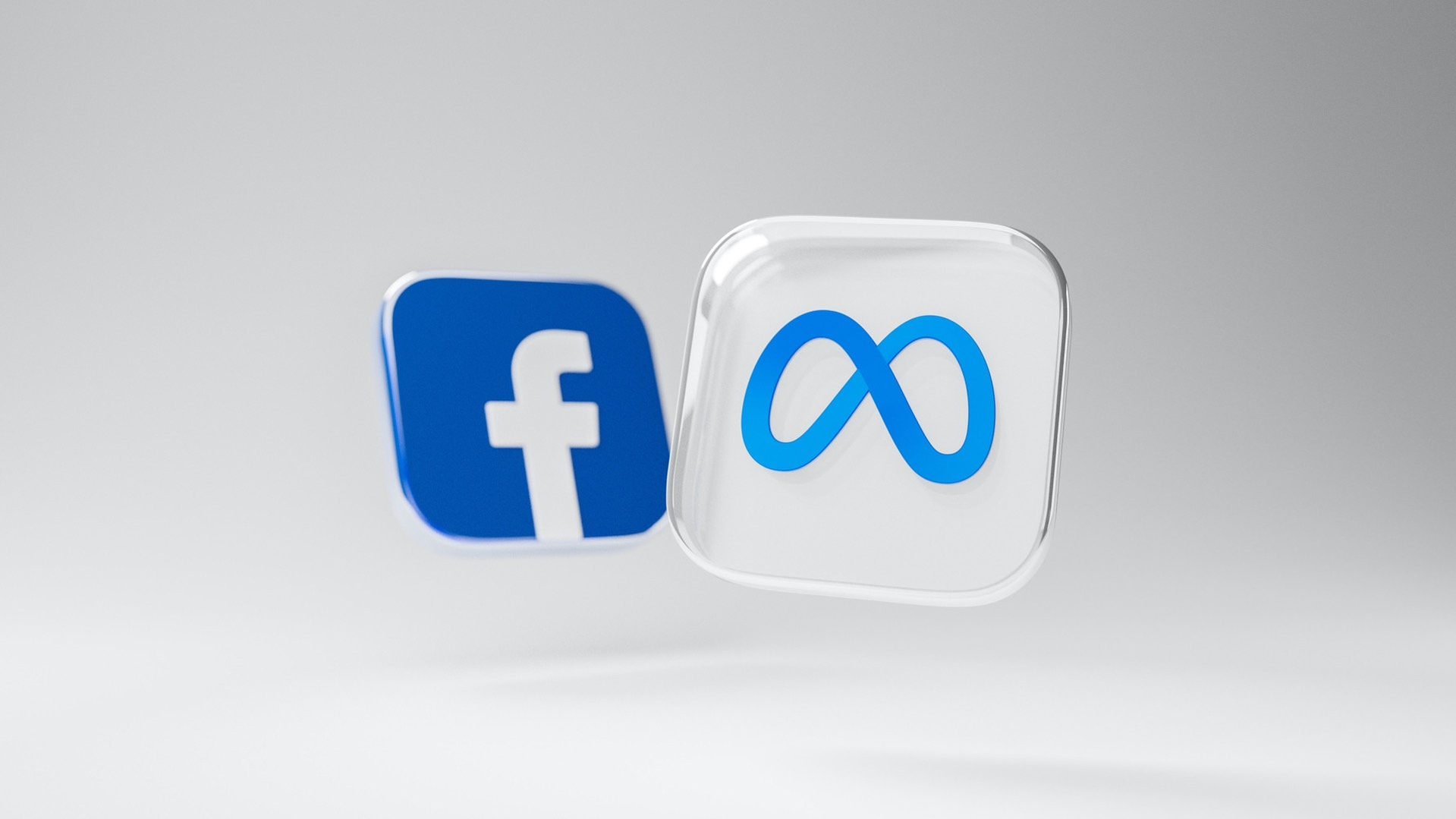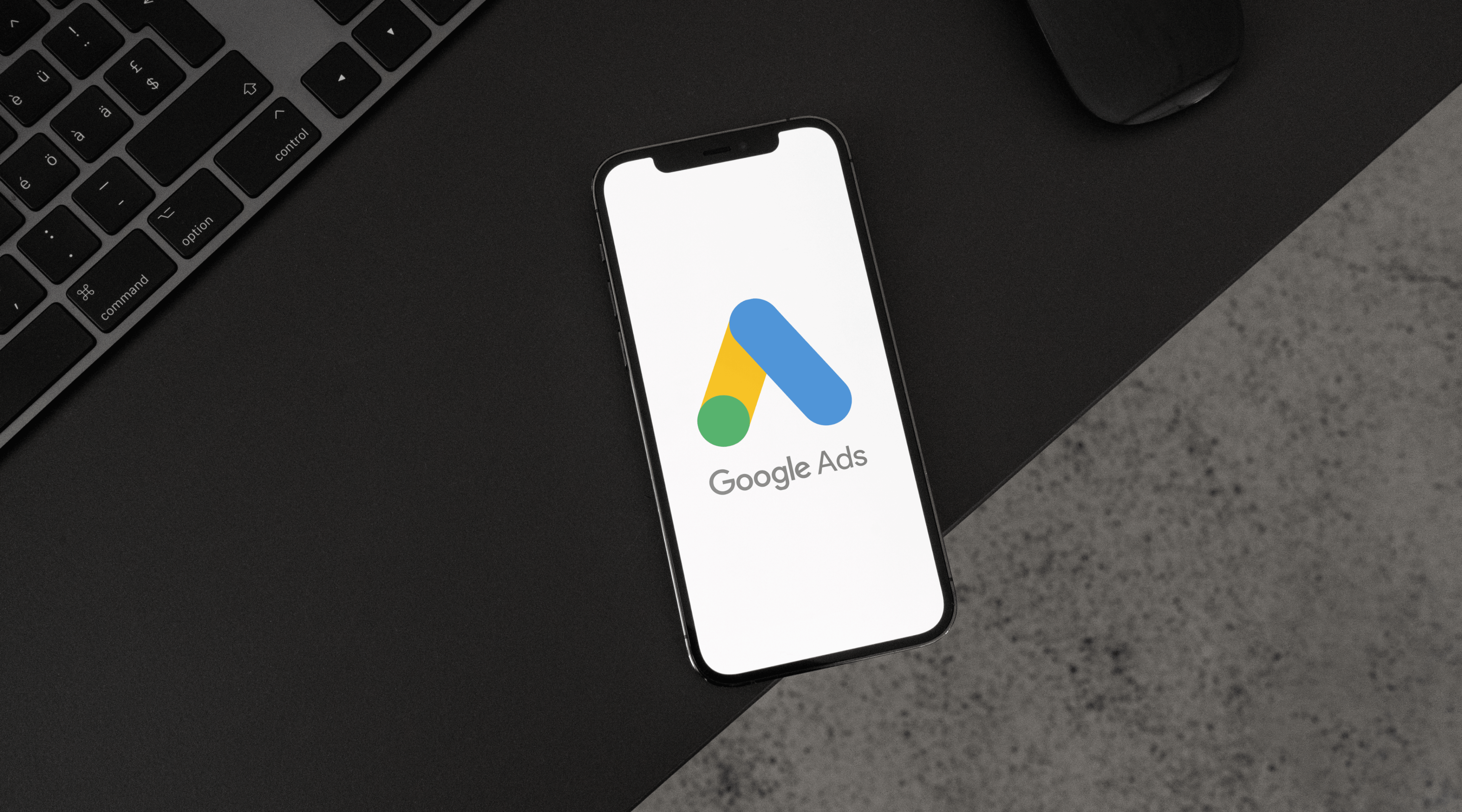Top 7 mistakes when managing Facebook ads in-house

At first glance, managing Facebook ads seems relatively easy if you know the basics. Create an advertising account, campaign, add a bank card and send! Especially for companies that already have a marketing team, the decision to hand over ad campaign management to them might seem quite tempting...
In fact, advertising on Facebook requires a certain level of knowledge and experience that most in-house marketing teams cannot really get, because they have to deal not only with ads, but also with other marketing tasks.
When managing Facebook ads in-house, companies run the risk of making a number of mistakes that can potentially degrade the results and effectiveness of ad campaigns. This, of course, does not mean that an in-house team cannot successfully manage ad campaigns with the right resources.
Many of the companies, when we start working with them, admit that they tried on their own, but faced various problems. They are looking for help to organize and improve their ad campaigns. Here are 7 of the most common problems we encounter in these situations.
1. Wrong choice of target audience
We open a Facebook advertising account, review the campaigns launched last week and…. Emptiness. Well, not really, we have thousands of impressions, we've reached thousands of people, but no one has made a purchase. What's wrong? It's very possible that the ads are simply not reaching the right people. A woman who is passionate about cooking and interior design probably won't have new PC components at the top of her wish list.
It is very important that the ads reach people who are really interested in the offer. Often, companies are unable to accurately target their target audience, so ads do not reach people who would be interested in this offer. Agencies, on the other hand, are able to use multiple sources of information and target the target audience more successfully, based on the experience of managing advertising campaigns on a daily basis.
2. Advertising blindly
Facebook offers different ways to track advertising results, as well as different activities (events) to optimize campaigns for. Without tracking campaign results, marketers have no idea how effective campaigns are. As a result, if someone were to ask a question about the results of the ads, there is no concrete answer. The company has no idea about the effectiveness of the ads and the return on the ad investment.
In our opinion, running ads without tracking their results is just a waste of money. When working with each of the clients, we always make sure that the tracking functions properly, and we also set up additional tracking events if the complexity of the campaigns requires it.
3. Ads lead nowhere
We often see the approach when the selected link from the advertisement leads to the main page or the catalog page, instead of a specific product. Why is this an error? Let's imagine the situation. We have published an advertisement in which we sell red coffee mugs, and as an advertisement link we place the homepage, not the page of the specific product. A person who clicks on an ad will go to the home page and… instead of seeing a red mug and a “buy” button, they will see pillows, lawn chairs, and everything else that that particular company sells. Now, to get to the mug, the user has to find it in the product list or with the help of the search engine. The result is 3 - 5 unnecessary steps to get to the product. And since we are very impatient, most people will probably give up and close the page.
When working with e-commerce pages, we always recommend using a specific product page in the corresponding product advertisement. Thus, the user immediately goes to where he wants to be able to buy this product. Next, we can also create ads that will show that specific product again to that person if they haven't bought it using the product catalog and dynamic Facebook ads.
4. Not enough testing
How do you know if an ad will work if you don't test it? Nothing, especially on Facebook. You can always make an educated guess, but there are no guarantees in this process. Each ad receives a different response based on text, image and design. One of the main problems we see in ad accounts is under-testing. Since Apple partially stopped tracking users, it's even more important to find the best version of the ad, the best version of the text, and give Facebook the best chance to get good results. Likewise, little things like a slightly altered sentence structure in an ad or the first two seconds of a video can turn a failed ad into a success story.
Our recommendation is to regularly test different ad versions and elements. On a daily basis, we do not use FB's built-in A/B test function, but simply create several versions of ads in a separate advertising campaign, in which we vary the texts, visual material, first seconds of video, call-to-action and other advertising elements. Once we have found the best combination, then we start using that ad in the main ad campaigns. There are several ways to conduct tests and each has its pros and cons, but the most important thing is to simply conduct these experiments and get data so that the company can draw conclusions and improve efficiency in the future.
5. Bypassing Facebook's ad policy
Facebook has several rules and restrictions on what can and cannot be used in ads. For example, using Facebook branding, mentioning a person's personal characteristics, using before and after, etc. Companies that do not follow these rules risk having their ad account or business account banned. More than once, we've seen ad accounts banned for not following Facebook's ad rules. In that case, the process to regain access can be long and painful. In some cases, it is even impossible to recover the account.
We think it's important to follow all the rules so that ads aren't accidentally stopped if Facebook finds that we've violated something. The best way to achieve the best results is not to try to circumvent Facebook's policies, but to advertise directly within them. How do you find that middle ground with content that almost crosses the line but is still allowed on the platform? The only answer to this is time, experience, tests and a little luck.

6. Low quality visual content
In 2022, low quality content is simply not acceptable. Now with a smartphone we can even create really high-quality material, 4k video, macro photos, etc., because there really are no excuses here. Visual content is an important key to success in Facebook ads. Often the main reason a user chooses to click on an ad is an image or video. Good visuals and bad text are better than bad visuals and good text. People see the visual first and then only the text, so it is the most important part of the ad.
For this reason, it's important to use engaging visuals in every ad. We recommend avoiding stock images and using gorgeous, unique pictures that represent the company well to achieve the best results. We definitely recommend that you dig in and learn more about UGC (user generated content) as well, as this type of content tends to bring great results, especially for B2C products or services. Here you can find out our thoughts about UGC in Latvia.
7. Too complex ad content
Of course, your product has 13 special modes with 5 different characteristics that change as a result of the influence of the moon phase, wind speed and the strength of the sun's rays. Yes, that's how weird product or service descriptions in ads can sometimes seem when they're written by people who work with products on a daily basis. A problem? Most have no idea what that even means. And how can you buy a product that confuses you more than it solves your problem? Nothing, exactly.
Our recommendation is to be as simple as possible in your ads. In simple words, in simple language, so that even an elementary school student can understand why he needs product X. The clearer the advertising content, the more likely the user will decide in your favor and buy the product.
Not sure if you're making one of these mistakes? Do you just want someone to relieve you of the task of creating and installing successful Facebook ads? With the help of TRY Dig, you can implement your digital advertising plans and avoid the mistakes mentioned above. We can take care of setting up advertising campaigns as well as creating advertising material, freeing you from the stress of Facebook ads. You will be able to focus on other, more important things for the company.
Apply for a digital marketing strategy audit and find out how you can get more from your ads: Digital Marketing Audit.

